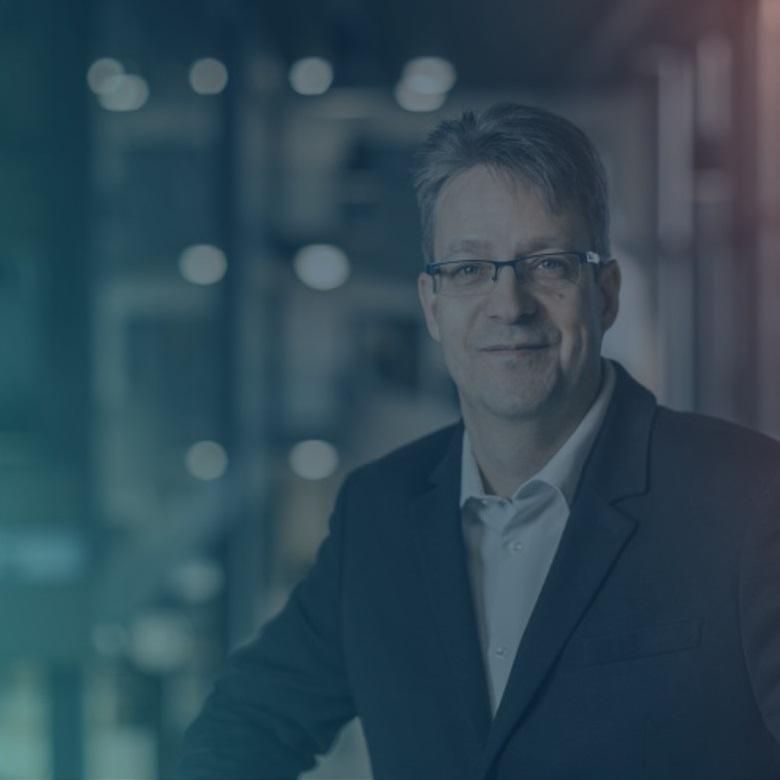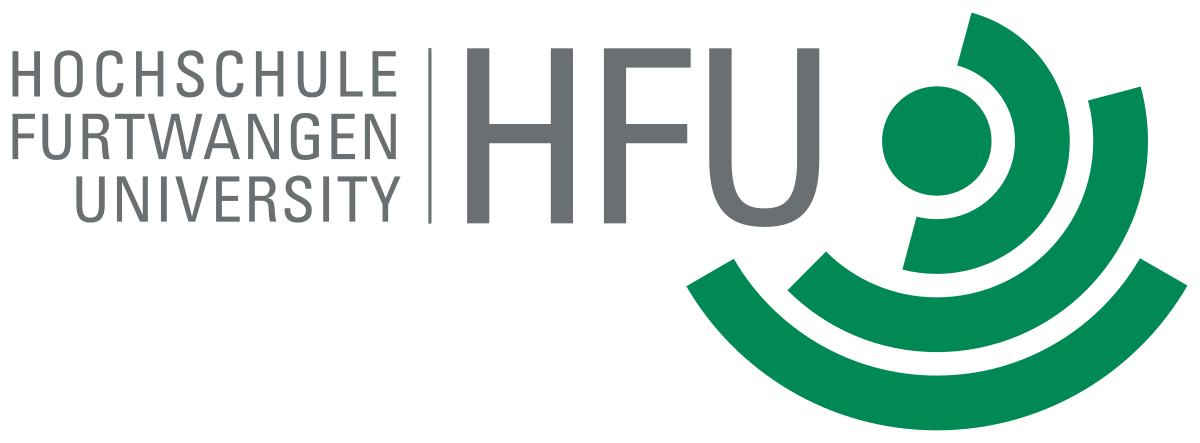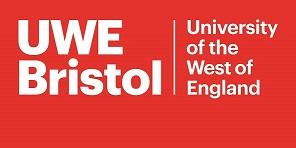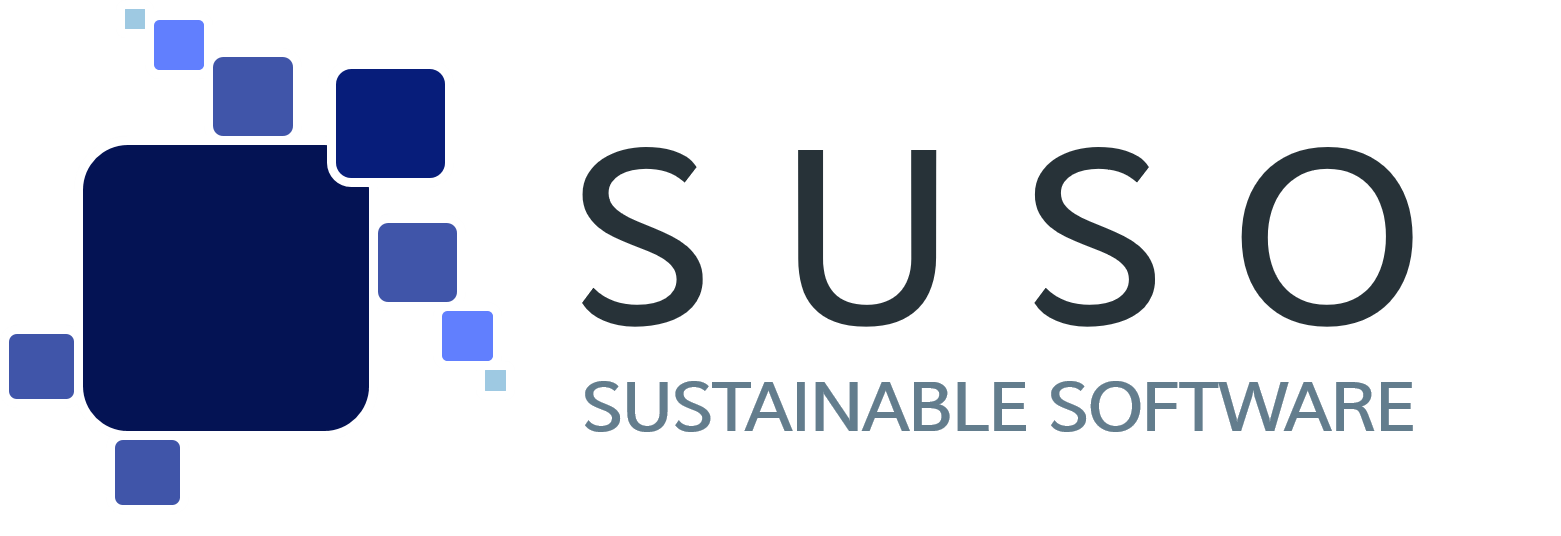Cooperation projects in sustainable software development between research and industry
On this page you will find scientists in the field of sustainability and software development. Here, you have the opportunity to find cooperation partners. Be it for joint projects, funding applications, workshops, internships or theses.

University of São Paulo
Prof. Dr. Elisa Yumi Nakagawa


elisa(at)icmc.usp.br
About:
Collaboration interests:
Request by eMail.
Selected publications:
LUT University (Finland)
Prof. Dr. Jari Porras, LUT School of Engineering Sciences


jari.porras(at)lut.fi
About:
Jari Porras D.Sc (Tech) is Professor of Software Engineering (especially Distributed Systems) at the Lappeenranta-Lahti University of Technology LUT. Prof. Porras received the DSc. (Tech.) degree from the Lappeenranta University of Technology, Finland in 1998 about modeling and simulation of communication networks in distributed computing environment. He has supervised approx. 500 Master’s Thesis works and 22 Dissertations as well as acted as external evaluator for 21 doctoral thesis works since the start of his professorship. He has conducted research on parallel and distributed computing, wireless and mobile systems and services as well as sustainable ICT. In last years he has focused his research on human and sustainability aspects of software engineering. He is actively working in international networks and organizations.
Collaboration interests:
Request by eMail.
Selected publications:
LUT University (Finland)
Dr. Shola Oyedeji, LUT School of Engineering Sciences


shola.oyedeji(at)lut.fi
About:
Shola Oyedeji is a postdoctoral researcher at LUT University Finland with research on software sustainability by design focused on integrating the human, societal, environmental, technical and economic concerns into software systems design and measurement to support sustainability. He is also a postdoctoral researcher fellow at University L’Aquila, Italy with research on Identifying and prioritizing sustainability concerns of companies to software design.
Cooperation interests:
Request by eMail.
Selected publications:
Furtwangen University (Germany) und LUT University (Finland)
Prof. Dr. Stefanie Betz, Faculty of Computer Science, Socioinformatics



stefanie.betz(at)hs-furtwangen.de
About:
Prof. Dr. Stefanie Betz studied Information Economics at the Karlsruhe Institute of Technology (KIT), also received her Ph.D. there, and spent her PostDoc in Sweden at the Software Engineering Research Lab (SERL at BTH). Subsequently, she was junior group leader of the “sustainable software systems engineering” group at KIT. Today, she is a Professor of Socioinformatics at the Faculty of Computer Science at Furtwangen University (HFU). In her research, she wants to find out how individual, social and ecological impacts of software systems can be considered and improved already at the design stage.
Cooperation interests:
Request by eMail.
Selected publications:
Furtwangen University (Germany) und LUT University (Finland)
Dr. Dominic Lammert, Faculty of Computer Science



dominic.lammert(at)hs-furtwangen.de
About:
Dr. Dominic Lammert studied Ethnology and Literature in Vienna and Freiburg (B.A.), then Media Informatics in Bielefeld and Aix-en-Provence (M.Sc.). Afterwards, he worked for three years in the IT/digital department of the publishing house Verlag Herder and another year in startups. Today, he works at Furtwangen University as an academic staff in Socioinformatics and is project coordinator within KISS (Künstliche Intelligenz Services Systeme) which is a cooperational project with the State University of Music Trossingen. He accomplished his PhD in Software Engineering in cooperation with LUT University (Finland) on the implementation of sustainability in software industry, with SUSO emerging as a side project.
Cooperation interests:
Request by eMail. Main topics:
Selected publications:
Karlsruhe Institute of Technology, KIT (Germany)
Andreas Fritsch, Institute of Applied Informatics and Formal Description Methods


andreas.fritsch(at)kit.edu
About:
Andreas Fritsch is a doctoral researcher at the Institute of Applied Informatics and Formal Description Methods at Karlsruhe Institute of Technology. In his research, he explores information technology’s environmental and social impact and develops methods for integrating sustainability analyses in business information systems. He has expertise in Business Process Management, Social and Environmental Life Cycle Assessment, as well as Software Engineering, Database Systems and Web Technologies.
Collaboration interests:
Request by eMail.
Selected publications:
University of the West of England Bristol
Ian Brooks, Faculty of Environment and Technology (FET)


ian.brooks(at)uwe.ac.uk
About:
I am a university lecturer and management consultant with many years experience in sustainability, information technology (IT) and corporate strategy. I teach and research on the intersection of sustainability and technology, particularly using the UN Sustainable Development Goals (SDG) at the heart of my work. I am interested in how we can anticipate the sustainability impacts of IT systems and evaluate claims of #Tech4Good. My work also highlights how IT enables negative impacts on sustainability (#Tech4Bad) such as the reliance of the fossil fuel industries on IT.
Collaboration interests:
Open to any collaboration which has the SDGs at the centre of the project.
Selected publications:
Chalmers University of Technology and Gothenburg University, Sweden
Prof. Dr. Birgit Penzenstadler


birgitp(at)chalmers.se
About:
Birgit Penzenstadler is an Associate Professor at the joint Department of Computer Science and Engineering at Chalmers University of Technology and Gothenburg University, Sweden, as well as an Adjunct Professor at the Lappeenranta University of Technology, Finland.
She holds a PhD in Software Engineering from the Technical University of Munich, Germany, and is an Embodied Mindfulness Coach and a 500-RYT yoga teacher with special certification in breathwork.
She has been investigating well-being ( https://www.twinkleflip.com/ ), resilience, and sustainability from a point of view of software engineering during the past ten years, working on a body of knowledge and concepts of how to support sustainability from within RE. Part of these efforts are documented with the Karlskrona Alliance that published a body of work including the Karlskrona Manifesto (see also https://www.sustainabilitydesign.org, currently not working).
She included the topic into the curriculum of her departments at various universities along the way (Technical University of Munich, University of California, Irvine, California State University Long Beach, Chalmers Technical University) and established industrial collaborations for case studies.
She gave a TEDx talk in 2022 in Goeteborg about how wellbeing, resilience and sustainability are connected and how to consider them when designing technology.
Collaboration interests:
She is interested in working with wellbeing, resilience, and different application domains for environmental, individual, and social sustainability, for example permaculture, wildlife preservation, outdoor recreation, and diversity, equity and inclusion topics.
Selected publications:
University of Santiago de Compostela (Spain)
Dr. Nelly Condori-Fernandez, Singular Center for Research in Intelligent Technologies (CITIUS)


n.condori.fernandez(at)usc.es
About:
Dr. Condori-Fernandez is a senior researcher at the research center on intelligent systems (CITIUS) and lecturer at the Universidade da Santiago de Compostela (USC, Spain). She received her Ph.D in Software Engineering at the Universidad Politecnica de Valencia. She transitioned to the empirical research of services-oriented requirements engineering for health-care, during her Postdoc in the University of Twente (The Netherlands), with a Intra-European Marie Curie grant.
The Singular Center for Research in Intelligent Technologies (CITIUS) of the University of Santiago de Compostela (USC, 1495) has a team of more than 140 people, including 35 senior researchers.
CITIUS actively participates in transfer projects with industry. Approximately 20% of its income comes from direct contracts with industry. The center collaborates with SMEs and large multinational companies such as Indra, Repsol, Babcock, FINSA, Lacer, Plexus or Mestrelab, among others, as well as with public entities such as the Galician Health Service (Sergas) or the Agency for Technological Modernization of Galicia (Amtega). In the last 3 years (2020-22), the center has had a budget of 10 million euros, 21% of them was funded through European projects.
USC is recognized as International Campus of Excellence for the Campus Life strategic research program (Spanish Ministry of Education and Science). Campus Life defines and contributes to the development of a new model of sustainable economic and social growth based on talent, innovation and internationalization.
Cooperation interests:
Selected publications:
De La Salle University (Spain)
Dr. Leticia Duboc, Department of Engineering, Human-Environment Research


l.duboc(at)salle.url.edu
About:
Leticia Duboc is a lecturer and researcher at La Salle, University Ramón Llull. She holds a degree and a master’s in Computer Science from the Federal University of Rio de Janeiro (Brazil), a Ph.D. in Computer Science from the University College London (UK), a master’s in Project Management from La Salle (Spain) and postgraduate degrees on the areas of circular economy, sustainability, and technology transfer from the Barcelona University and Pompeu Fabre University (Spain).
Cooperation interests:
Leticia has been working in academic and industrial research for over 20 years. For the past decade, she has dedicated her research to the intersection of software engineering and sustainability, with a focus on building socio-technical systems with consideration for their potential impact on society. She is one of the co-authors of the Manifesto on Sustainability Design (http://sustainabilitydesign.org/), a co-founder of the Karlskrona Alliance on Sustainability Design, and a co-founder of the Agile4Sustainability group (agile4sustainability.wordpress.com). Lately, she has also been leading an action to design the sustainability strategy of La Salle-URL.
Selected publications:
University of Applied Sciences and Arts Northwestern Switzerland (FHNW)
Prof. Dr. Norbert Seyff, Institute for Interactive Technologies


norbert.seyff(at)fhnw.ch
About:
Norbert Seyff is Professor of Requirements Engineering (RE) at the FHNW University of Applied Sciences and Arts Northwestern Switzerland and Senior Research Associate at the University of Zurich.
Important aspects of his work are to transfer RE knowledge to his students and to work with and transfer knowledge to companies.
Besides requirements engineering, his research interest include software modeling and sustainability. A particular interest is strengthening the involvement of end-users in requirements engineering activities.
Norbert received a PhD in computer science from Johannes Kepler University Linz and is an active member of the international RE community, where he is continuously serving as program committee member for internationally renowned conferences such as RE and REFSQ.“
Collaboration interests:
Norbert likes the idea of exploring sustainability within SE together with companies and conducting research on this topic with new research partners.
Selected publications:
Our tools for developing sustainable software
Our three tools will help you acquire the knowledge, skills and financial resources you need to develop sustainable software products and services that meet social, environmental and economic needs. By using these tools, you can position yourself as a pioneer in sustainable software development and help create a better future for all.
This tool visualises the impact of software on five correlated dimensions: social, individual, environmental, economic and technical. It also shows their time scales on three different levels: immediate impact, enabling impact and structural impact. Finally, the result is a radar chart showing the impact of your software.
This tool visualises the impact of software on five correlated dimensions: social, individual, environmental, economic and technical. It also shows their time scales on three different levels: immediate impact, enabling impact and structural impact. Finally, the result is a radar chart showing the impact of your software.




